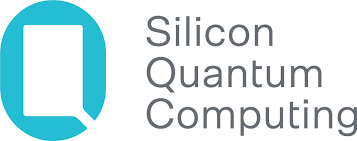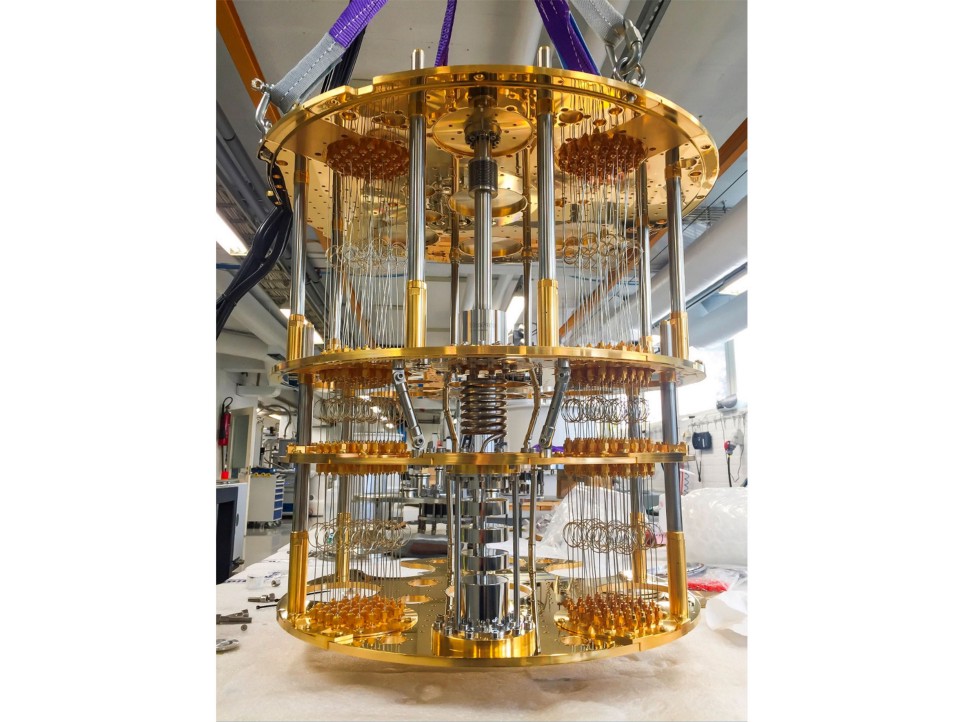Insider Brief:
- Australian quantum computing hardware company Silicon Quantum Computing takes another significant step toward useful quantum computing.
- The company’s scientists have developed a new method that makes the critical readout stage of a quantum calculation faster, easier and less prone to interference.
- This result further demonstrates Silicon Quantum Computing’s focus and progress along its technical roadmap towards an error-corrected quantum computer.
PRESS RELEASE — SYDNEY, AUSTRALIA/September 8, 2022 — Silicon Quantum Computing (SQC) scientists have taken another significant step toward general-purpose quantum computing. As published today in Science Advances, SQC scientists have developed a new method that makes the critical Readout stage of a quantum calculation faster, easier and less prone to interference.
The Readout stage is the third critical step in the process a quantum computer takes to solve a problem. There are three stages:
- The Setup — “Initialisation stage” sets up the device in a precise state ready for encoding the problem into the computer.
- The Calculation — “Control stage” when the qubits interact, and the calculation happens.
- The Result — “Readout stage” requires carefully measuring the final states of the qubits to determine the result or answer to the computation. This final stage needs to be fast, accurate and robust so that the result encoded in the qubit does not drift and become erroneous.
Qubits are extremely sensitive to their environment, and environmental noise can interfere with their measurement.

Traditionally when measuring qubit spin states, measurement is based on whether the constant electrical signal changes or not.
In SQC’s new protocol, the electrical signal is a ramp, and the measurement relies on when the signal changes. By using a variable voltage ramp, the Readout is now robust against environmental noise with the need for time-consuming calibration removed.

This result further demonstrates SQC’s focus and progress along its technical roadmap towards an error-corrected quantum computer.
A detailed research paper has been published in Science Advances on 7 September, which can be accessed here.
About Silicon Quantum Computing Pty Ltd
Silicon Quantum Computing Pty Limited is an Australian private company at the forefront of efforts to build a large-scale commercial quantum computer using atom qubits in silicon.
SQC was formed in May 2017 by a consortium of the Commonwealth of Australia, the University of New South Wales, Telstra Corporation Limited, the Commonwealth Bank and the State of New South Wales and funded with over A$83 million.
SQC has established a large team of engineers to leverage and expand the considerable intellectual property (IP) developed at the Centre of Excellence for Quantum Computation and Communication Technology to build an atom-based quantum processor in silicon. It hosts a series of globally unique laboratories dedicated to atomic-scale manufacturing, and with its full stack team, is manufacturing prototype processors for commercial applications with co-development partners seeking to exploit quantum computing opportunities.
For more information visit www.sqc.com.au or follow on social media.
LinkedIn: Silicon Quantum Computing
Twitter: @Silicon_Quantum
Media Contacts
Espresso Communications for SQC
Natasha David
[email protected]
+61 401 389 638
SOURCE: Silicon Quantum Computing
If you found this article to be informative, you can explore more current quantum news here, exclusives, interviews, and podcasts.















